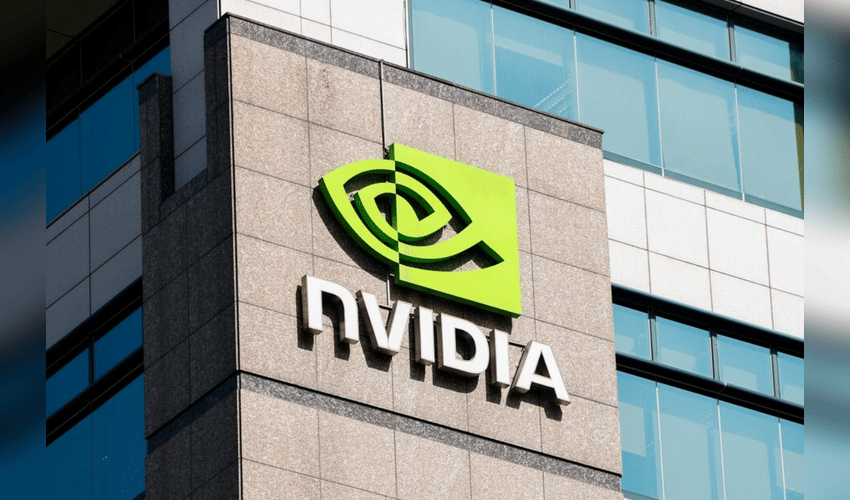Technology
Sources indicate that the US is considering allowing Nvidia to sell H200 chips to China.

The Trump administration is reportedly weighing the approval of sales of Nvidia's H200 AI chips to China, sources say, amid a warming of U.S.-China relations that could open the door for advanced American technology exports. The Commerce Department, which regulates U.S. export controls, is reviewing its policy that currently bars such sales, though officials emphasized that decisions are still subject to change.
A White House spokesperson declined to comment directly, noting that the administration remains focused on maintaining U.S. technological leadership and national security. The Commerce Department did not respond to inquiries, and Nvidia stated that existing regulations prevent the company from offering a competitive AI data center chip in China, leaving the market to foreign competitors.
This move suggests a softer stance toward China following the recent trade and technology truce between President Trump and Chinese leader Xi Jinping in Busan. Some Washington policymakers, however, worry that exporting advanced AI chips could strengthen China’s military capabilities—a concern that led the Biden administration to impose restrictions on such exports.
Despite earlier threats to restrict tech exports in response to China’s control over rare earth minerals, Trump largely rolled back those measures. The H200 chip, launched two years ago, features more high-bandwidth memory than its predecessor, the H100, allowing faster data processing. It is estimated to be twice as powerful as the H20, the most advanced AI chip currently allowed for export to China after Trump reversed last year’s brief ban.
Earlier this week, Nvidia CEO Jensen Huang, whom Trump has called a “great guy,” attended a White House event during Saudi Crown Prince Mohammed bin Salman's visit. Meanwhile, the Commerce Department approved shipments of up to 70,000 Nvidia Blackwell chips, the company’s next-generation AI semiconductor, to Saudi Arabia’s Humain and the UAE’s G42.



